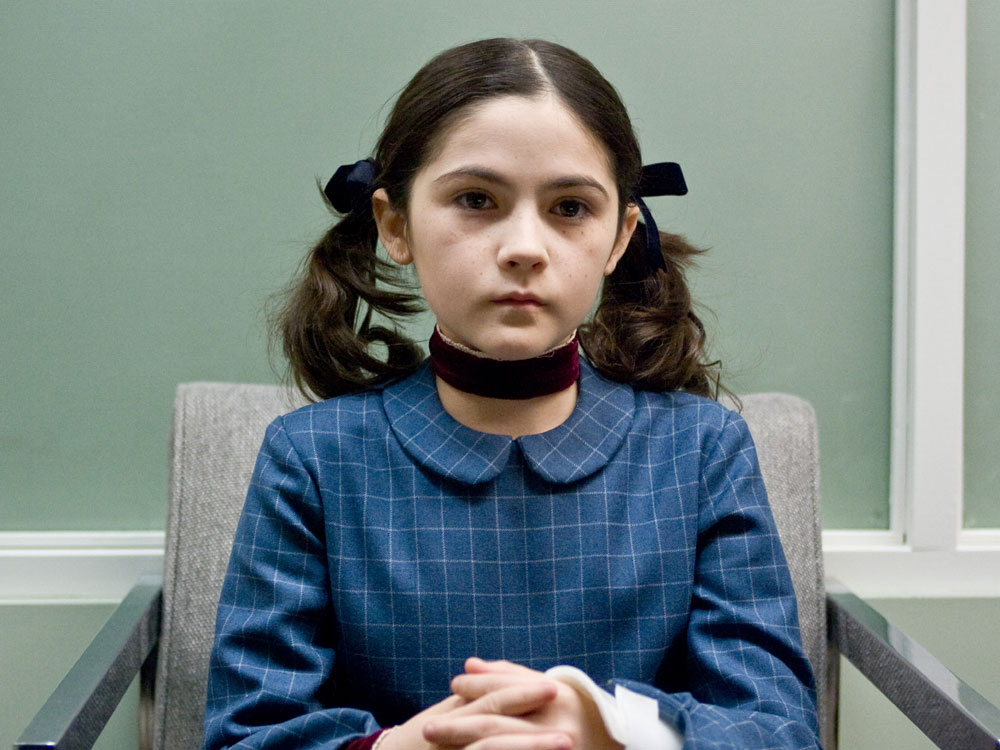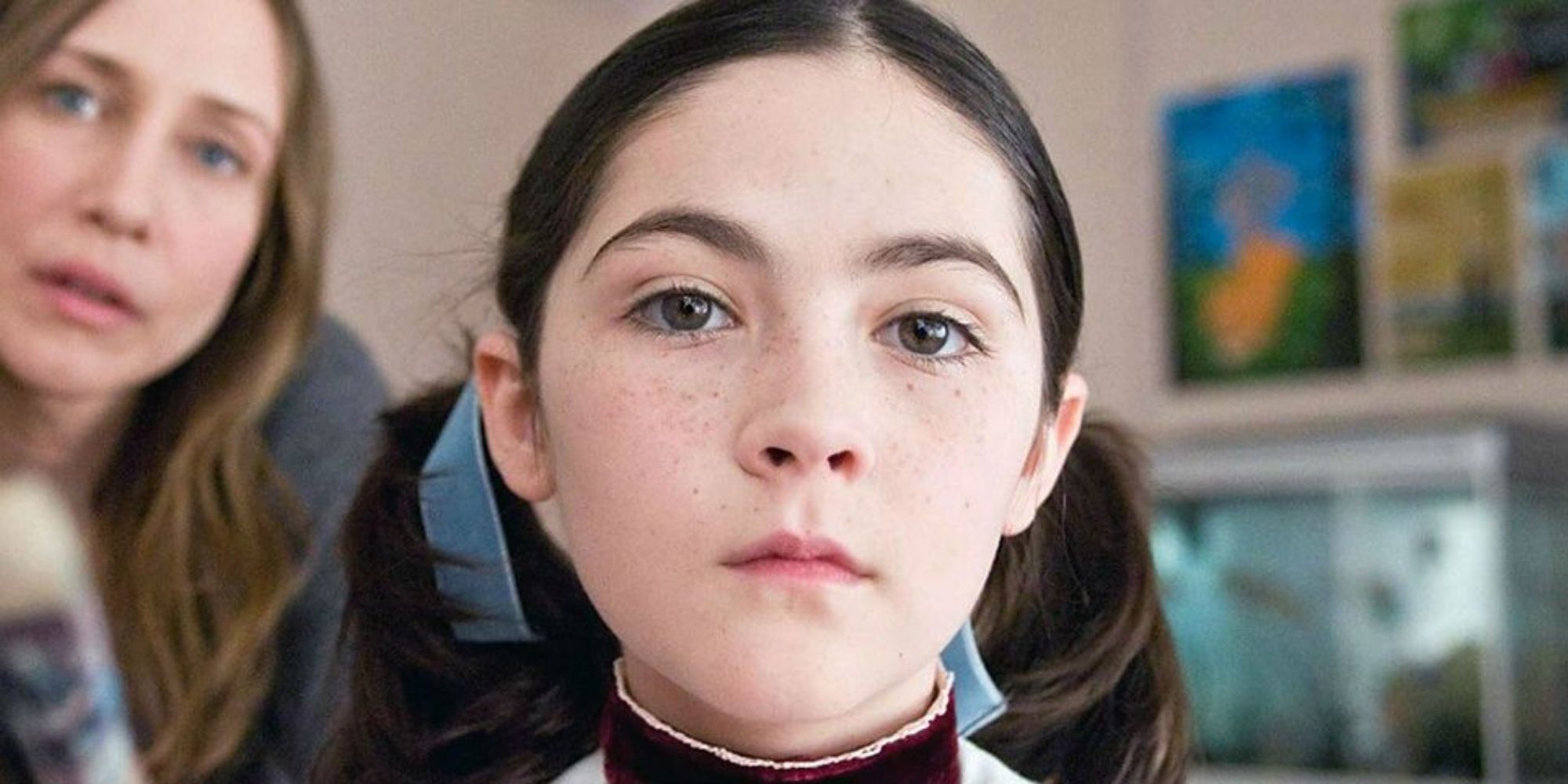Exploring **Orphan Dark Humor Jokes**: A Look At Edgy Comedy
Sometimes, a good laugh can come from unexpected places, can't it? We're talking about humor that pushes boundaries, the kind that makes you think, "Can I actually laugh at that?" This is especially true when we consider something like orphan dark humor jokes. It's a rather specific corner of comedy, and it often sparks a lot of discussion, you know? Many folks find this kind of humor quite intriguing, even if it feels a bit uncomfortable at first glance.
There's a curious appeal to humor that treads on sensitive ground, isn't there? It’s a way people cope, or maybe just a way to explore the things that make us squirm a little. When we think about orphan dark humor, it touches on a topic that is, quite naturally, very sad for most people. The meaning of an orphan, as we know, is a child deprived by death of one or usually both parents, and that's a truly heartbreaking situation.
Yet, for some, humor can offer a different lens, a way to process difficult ideas or simply to find light in the shadows. It’s a bit like how certain films, such as the one starring Vera Farmiga and Peter Sarsgaard, explore complex themes around adoption and family. That movie, in a way, touches on the very real, often challenging, aspects of a child who has lost their parents. So, understanding why people might gravitate towards this kind of humor is, you know, a pretty interesting thing to think about.
Table of Contents
- What Makes Dark Humor Tick?
- The Appeal of Orphan Dark Humor
- Navigating the Line: Respect and Reception
- Common Questions About Dark Humor
- Conclusion
What Makes Dark Humor Tick?
Dark humor, often called black humor, finds its jokes in serious, often painful, or even tragic subjects. It's a bit like a pressure release valve, you know? It lets us laugh at things that might otherwise make us feel really uncomfortable or scared. This kind of comedy can deal with death, illness, poverty, or even the idea of a child whose parents are gone. It's a way of looking at the grim parts of life through a slightly skewed, often sarcastic, lens.
Many people use dark humor as a coping mechanism. When life throws something truly awful your way, sometimes a dark joke is the only thing that makes sense. It’s a way to feel some control over situations that are, in reality, completely out of our hands. So, in some respects, it’s a very human response to pain, a kind of defiance against sorrow.
The power of dark humor also comes from its shock value. It makes you pause, doesn't it? It challenges what we usually consider acceptable to joke about. This challenge can be thought-provoking, and that's a big part of its draw for many. It's a way to explore boundaries, and that can be quite interesting, actually.
The Appeal of Orphan Dark Humor
When we talk about **orphan dark humor jokes**, we're specifically looking at humor centered on the concept of a child without parents. This topic is, quite obviously, very sensitive. The film starring Vera Farmiga, Peter Sarsgaard, and Isabelle Fuhrman, where a husband and wife who recently lost their baby adopt a child, definitely brings this concept into sharper focus for many people. It’s a story that explores the complexities of what it means to be an orphan, and the emotional weight that comes with it, you know?
Why Do People Find It Funny?
It might seem strange to find humor in such a sad situation, but there are reasons why some people do. One reason is the element of surprise. A joke about a topic like orphans, when told in a dark way, completely goes against what we expect. This unexpected twist can create a laugh, sort of like a gasp followed by a giggle. It’s a bit like the tension and release you feel when watching a suspenseful film, perhaps even the one where a couple, after a loss, adopts a child.
Another aspect is the subversion of expectations. Society usually treats the idea of an orphan with great sympathy and sadness. Dark humor, however, flips that script. It takes something sacred or universally sad and treats it in a very irreverent way. This can be seen as a form of rebellion against social norms, and that's quite appealing to some folks, you know? It's a way to challenge seriousness, even if just for a moment.
For some, it’s also a way to deal with the sheer helplessness of the situation. You can't change the fact that a child has lost their parents. So, perhaps, making a joke is a way to feel a tiny bit of power over something so overwhelming. It’s a coping strategy, honestly, for some people, it truly is.
The Role of the "Orphan" Film
The 2009 film "Orphan," featuring Vera Farmiga, Peter Sarsgaard, and Isabelle Fuhrman, certainly brought the concept of an orphan into mainstream conversation in a unique way. The film centers on a couple who, after a personal tragedy, adopt a nine-year-old girl. This movie, in particular, has a very dark and unsettling tone, which might, in a way, make some people more open to the idea of "orphan dark humor jokes."
The film's plot, which involves a child who is not what she seems, adds a layer of unexpected darkness to the traditional idea of an orphan. It explores the idea of innocence being twisted, and that's a pretty dark concept itself. So, for fans of the movie, or those familiar with its unsettling themes, the jump to dark humor might feel a bit more natural, you know? It’s already in that realm of challenging expectations.
It's interesting to consider how a fictional story can influence the kind of humor people engage with. The orphan true story, which is the case of Barbora Skrlová, also adds a layer of real-world strangeness to the concept. This real-life connection, combined with the film's popularity, might just make the term "orphan dark humor jokes" more searchable and, perhaps, more understandable to a wider audience. People are, after all, looking to watch trailers and learn more about such compelling stories.
Navigating the Line: Respect and Reception
Talking about **orphan dark humor jokes** means we also need to talk about where to draw the line. Humor is very subjective, and what one person finds funny, another might find deeply offensive. This is especially true with dark humor, which by its nature pushes boundaries. It's important to remember that the goal of humor is usually to bring joy, not to cause pain, you know?
When Is It Too Far?
Determining if a joke goes "too far" often depends on context and audience. A dark joke told among close friends who understand each other's sense of humor might be fine. However, the same joke told in a public setting or to someone who has personally experienced the loss of parents could be incredibly hurtful. The intent behind the joke matters a lot, obviously, but so does its impact on the listener.
Generally, if a joke feels like it's punching down, meaning it targets vulnerable people in a way that truly diminishes them, it’s probably crossed a line. Humor should ideally elevate, or at least not actively harm. When a joke about orphans stops being about clever wordplay or a coping mechanism and starts to feel genuinely cruel, that's usually where many people would say it’s gone too far. It's a delicate balance, really.
It's also worth thinking about the difference between a joke and simply being mean. Dark humor, at its best, often has a clever twist or a deeper point. If a joke is just a blunt, insensitive statement, it probably isn't humor at all. It’s more like a lack of empathy, and that’s a pretty important distinction to make, you know?
How to Talk About It
If you find yourself in a conversation about **orphan dark humor jokes**, or any dark humor for that matter, it's good to approach it with a bit of thoughtfulness. You can acknowledge that humor is diverse and that people have different tastes. It’s perfectly okay to say that a certain type of joke isn't for you without condemning others who might find it funny. Open discussion, rather than immediate judgment, usually works better, you know?
You might also ask why someone finds a particular joke funny. Sometimes, understanding the perspective behind the humor can shed a lot of light on it. Perhaps it’s a coping mechanism for them, or a way they deal with their own anxieties. We can, you know, learn a lot by just listening to each other's points of view on these kinds of things. Learn more about dark humor's role in society on our site.
Ultimately, it's about respecting different sensibilities while also being mindful of the impact our words can have. Humor is powerful, and like any powerful tool, it needs to be used with a bit of care. It’s a very personal thing, so being kind and understanding often helps the conversation along, right? You can also link to this page for more articles on controversial topics.
Common Questions About Dark Humor
People often have questions about dark humor, especially when it touches on sensitive subjects like orphans. Here are a few common ones, you know, the kind you might see popping up in search results:
Is it okay to laugh at orphan dark humor jokes?
Whether it's "okay" to laugh at **orphan dark humor jokes** is really up to each person. Humor is very personal, and what one person finds funny, another might find offensive. It often depends on your own experiences, your sense of humor, and the specific joke itself. Some people use dark humor as a way to cope with difficult topics, while others might feel it's disrespectful. So, it's a very individual choice, honestly.
What's the purpose of dark humor about sensitive topics?
The purpose of dark humor about sensitive topics, like those involving children who have lost parents, can vary a lot. For some, it's a way to release tension or to cope with the harsh realities of life. It can also be a form of social commentary, highlighting absurdities or difficult truths. Sometimes, it just aims to shock or surprise, providing a laugh from an unexpected place. It's a complex thing, really, with many different aims.
How does the "Orphan" film relate to this type of humor?
The film "Orphan," which stars Vera Farmiga and Peter Sarsgaard, centers on a couple who adopt a child after a loss. This movie brought the concept of an orphan, and the potential for darkness within that theme, into popular culture in a very unsettling way. Because the film itself is quite dark and explores a child who is not what she seems, it might have, in a way, opened up conversations or a particular mindset that leads to the creation or appreciation of **orphan dark humor jokes**. It certainly makes the topic more widely recognized, you know?
Conclusion
Exploring **orphan dark humor jokes** shows us just how varied and sometimes challenging humor can be. It’s a type of comedy that definitely makes you think about boundaries, empathy, and what we find funny. From the raw coping mechanisms some people employ, to the influence of stories like the film where Vera Farmiga and Peter Sarsgaard adopt, there are many layers to this kind of humor. It's a conversation that keeps going, and that's pretty interesting, isn't it?

Orphan 2009 Wallpapers - Wallpaper Cave

15 Best Horror Movies On Netflix To Get The Chills

Orphan: First Kill Teaser Confirms Digital Release Date